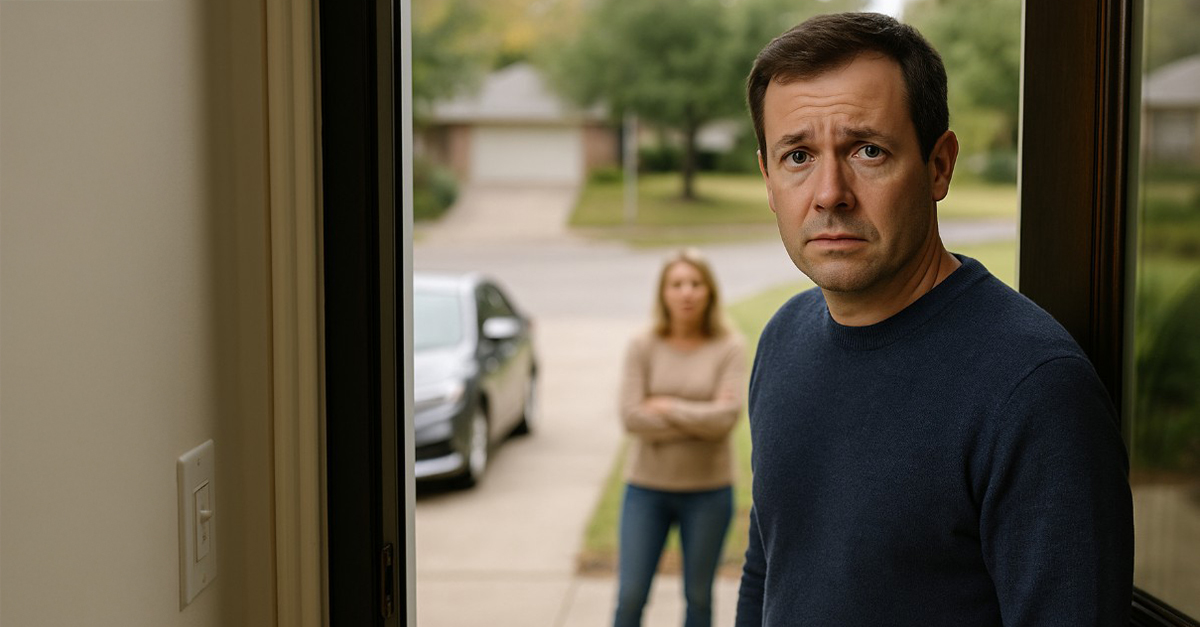Divorce can be emotionally and financially complicated, especially if property ownership is involved. If you bought your home before you got married and are now getting divorced, you might wonder if your spouse is entitled to half the house. The answer depends on a few different factors.
Understanding Separate Vs. Marital Property
In most states, property you owned before marriage is considered separate property. That means you’re generally entitled to keep it after divorce. But an exception could be made if your spouse contributed to the property’s value during the marriage or if separate and marital funds became mixed, a concept known as commingling.
The Impact Of Commingling Assets
If you used joint funds to pay the mortgage, property taxes, or make improvements on the house, your spouse may have a claim to a portion of its increased value. For example, if your spouse helped pay for renovations or upkeep, courts may view that as contributing to the home’s appreciation, potentially entitling them to a share.
Equity Accumulated During Marriage
Even if the home is separate property, any equity gained during the marriage due to shared financial contributions could be considered marital property. Your ex might claim a portion of that equity, especially if both spouses paid into the mortgage or household expenses tied to the property.
Laws Vary By State
Each state has its own rules around property division during divorce. In community property states like California, most assets and debts acquired during marriage are divided equally. But separate property normally stays with the original owner. In equitable distribution states, courts divide up assets fairly, but not always equally, taking into consideration each spouse’s financial situation and contributions.
If Both Names Are On The Title
If you added your spouse’s name to the property title during the marriage, the home could be considered marital property, even if you bought it yourself before the marriage. Adding your spouse to the deed normally signals an intention to share ownership, obviously making it harder to claim the house as separate property during divorce.
Prenuptial And Postnuptial Agreements
A prenuptial or postnuptial agreement can protect property you owned before marriage. These legal agreements clearly lay out which assets remain separate and how property is divvied up if the marriage ends. If you don’t have a prenup, proving the home’s separate status gets more complex, especially if marital contributions were made.
Proving Property Is Separate
To claim the house as separate property, you’ll need documentation, like the purchase agreement, mortgage statements, and proof of payments made before marriage. If you maintained the home entirely with your own funds and never mixed marital assets, you should have a pretty secure case for keeping the property in a divorce.
When Courts Award A Partial Interest
Even if the home is legally separate, courts sometimes award a spouse a share of its increased value anyway, just based on financial or work contributions. For example, if your spouse paid for home improvements, maintenance, or assisted with mortgage payments using joint funds, they could be entitled to part of the property’s appreciation.
Your Chances Of Making A Clean Break
Owning a home before marriage doesn’t automatically protect it from division during divorce. State laws, financial contributions, and whether assets were commingled all play a role in the outcome. Talking to a family law attorney is critical to knowing your rights and protecting your interests. With proper documentation and legal counsel, you can hopefully get through the property division process fairly while keeping conflict and drama to a minimum.
You May Also Like:
Never Get Married Without Asking These Critical Financial Questions
The 14 Most Expensive Mistakes You Can Make If You're Getting A Divorce










